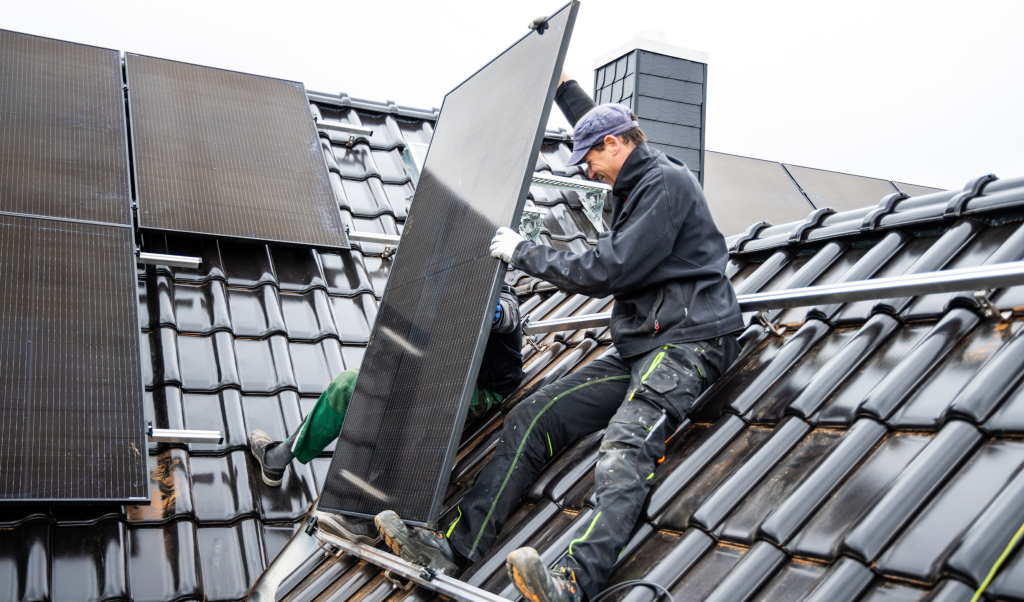Installing solar panels on your home is a smart and sustainable choice that can save you money, and help the environment! At First Class Solar, we want to help homeowners navigate the complexities of residential solar panel installation. In the following guide, we will look at the crucial factors you need to consider when making this important investment. From understanding how solar panels work to selecting the right type for your home and overseeing the installation process, our expert insights will help you to make informed decisions. Keep reading to learn more about solar energy and how to unlock your rooftop’s potential.
How Solar Panels Work
Solar panels work by absorbing sunlight with photovoltaic cells, generating direct current (DC) energy, and then converting it to usable alternating current (AC) energy with the help of inverter technology. In simple terms, solar panels catch the sun’s rays and turn them into power for your home.

Choosing the Right Solar Panels for Your Home
There’s no one-size-fits-all solution when it comes to solar for homes. Choosing the right solar panels for your home is like picking out a new car—you’ve got to consider your specific needs and circumstances. Here are some factors to keep in mind:
- Electricity Needs: Your historical electricity usage (average monthly bills or annual kWh usage), as well as any additional extras that may have an effect—for example, if you are getting an EV to charge at home or adding a hot tub—both are high electric users and would make a big change to your bills! Your electric needs hugely affect the number of PV panels you will need or that we would recommend for you.
- Size and Orientation: The size of your roof and its orientation – will your roof fit the number of required panels? South-facing roofs are considered optimal for solar energy production, but east-west-facing roofs can also work effectively.
- Type: There are two main types of solar panels—mono-crystalline and polycrystalline. The former is more efficient (but pricier), while the latter is more cost-effective. For residential solar, we use all-black, mono-crystalline panels as standard.
- Shading: This is an often overlooked but crucial factor. If your roof is heavily shaded for most of the day, this can significantly reduce the effectiveness of your panels. You may need to consider options such as trimming trees, installing panels in a sunnier location or adding on optimisers to your system.
Installing Solar Panels
The installation process may seem daunting, but when you partner with a seasoned solar installer like First Class Solar, we handle everything—from designing the system to installing the panels and explaining each aspect of your new PV system.
For many residential systems, our experienced team aim to complete your roofing and electrical work in one day, meaning that your solar PV system will be up and running the day it is installed! Of course, this does depend on the weather, as well as system size and complexity.
And the best part? Once the panels are up and running, they require little maintenance. Just keep them clean and free of debris, and they’ll keep churning out clean, renewable energy for you.

Go Solar with First Class Solar
Whether you’re ready to go solar now or still exploring your options, we’re here to guide you every step of the way. Installing solar energy doesn’t just save you money; it also benefits our environment by contributing to a cleaner future for generations to come. Why not consider making use of the unlimited energy that the sun freely provides us? Contact First Class Solar today, and let’s discuss how solar panels can benefit your home and the planet.

